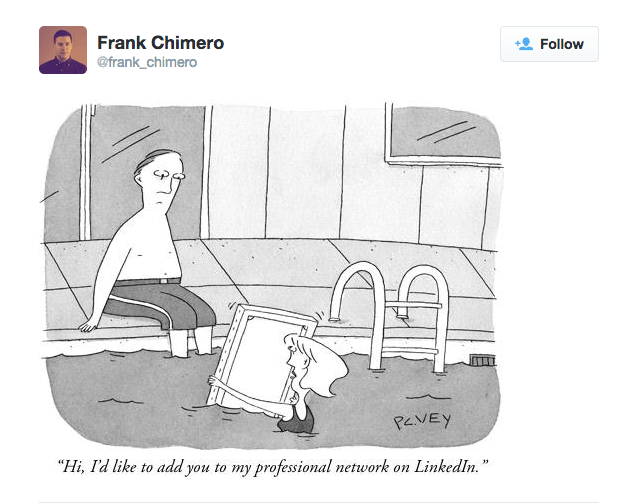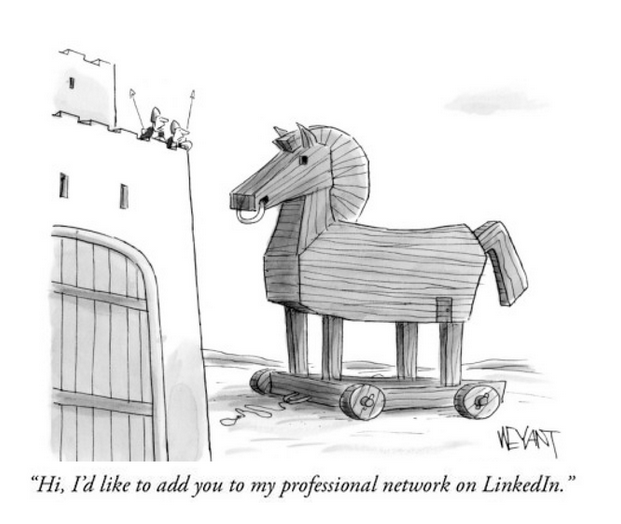This is a very good op-ed by Sherry Turkle, a professor in the program in Science, Technology and Society at MIT, on the assault of technology in our lives. An excerpt:
Across generations, technology is implicated in this assault on empathy. We’ve gotten used to being connected all the time, but we have found ways around conversation — at least from conversation that is open-ended and spontaneous, in which we play with ideas and allow ourselves to be fully present and vulnerable. But it is in this type of conversation — where we learn to make eye contact, to become aware of another person’s posture and tone, to comfort one another and respectfully challenge one another — that empathy and intimacy flourish. In these conversations, we learn who we are.
But this was the key paragraph for me:
Studies of conversation both in the laboratory and in natural settings show that when two people are talking, the mere presence of a phone on a table between them or in the periphery of their vision changes both what they talk about and the degree of connection they feel. People keep the conversation on topics where they won’t mind being interrupted. They don’t feel as invested in each other. Even a silent phone disconnects us.
What are we to do? Sherry Turkle provides a few suggestions (among them, practicing unitasking):
One start toward reclaiming conversation is to reclaim solitude. Some of the most crucial conversations you will ever have will be with yourself. Slow down sufficiently to make this possible. And make a practice of doing one thing at a time. Think of unitasking as the next big thing. In every domain of life, it will increase performance and decrease stress.
But doing one thing at a time is hard, because it means asserting ourselves over what technology makes easy and what feels productive in the short term. Multitasking comes with its own high, but when we chase after this feeling, we pursue an illusion. Conversation is a human way to practice unitasking.
What kinds of things are you doing to bring you closer to those around you? How do you practice maintaining (or building) empathy for others?



